The Best Face Moisturizers for Every Skin Type and Concern
Hydration incoming.
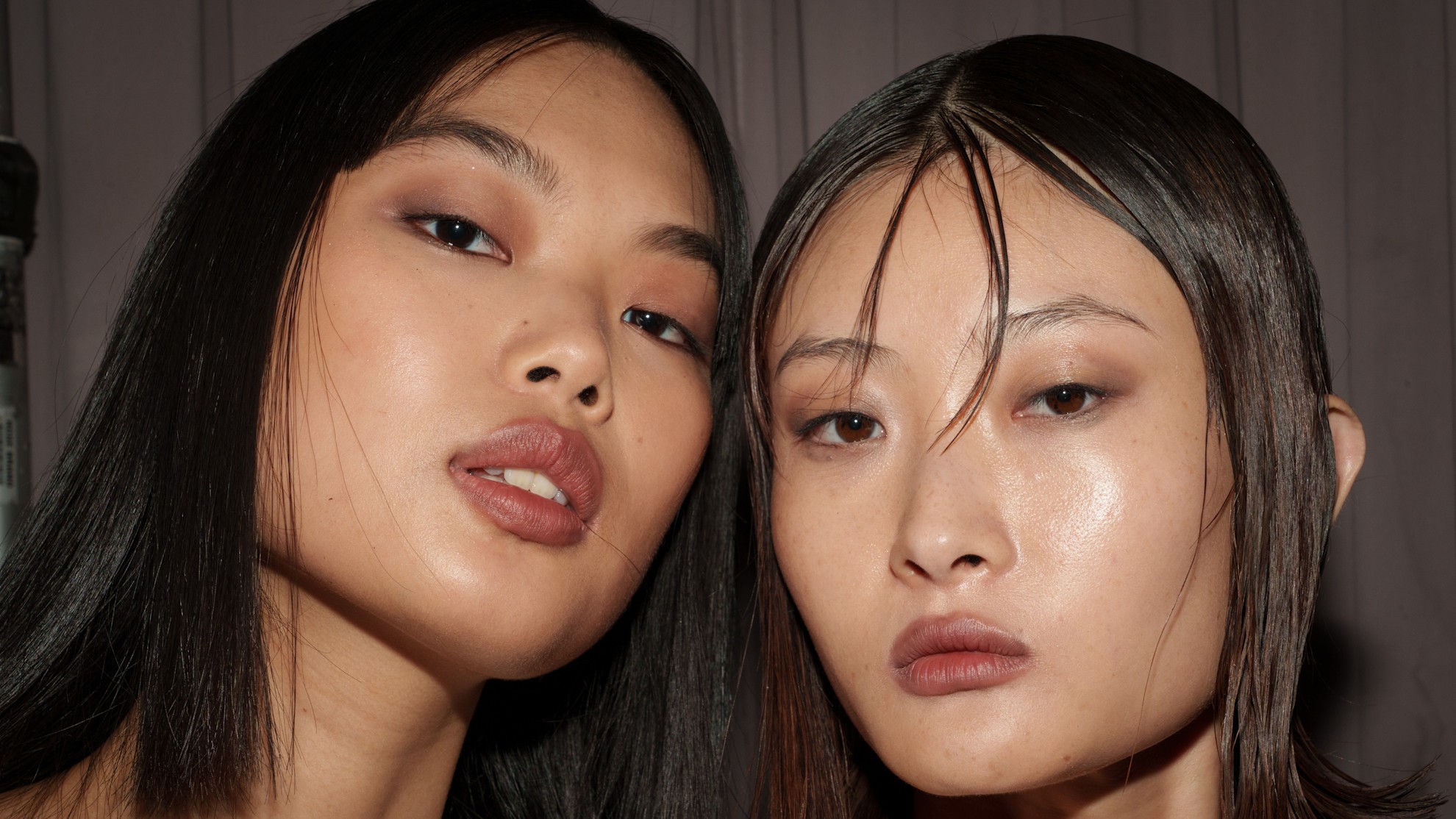

Choosing the best face moisturizer for you and your skin is incredibly personal. Skin type plays a major role, textural preference is a huge factor, and other products in your routine come into play. For example, you may want a do-it-all moisturizer with SPF, a retinol cream, or a bare-bones lotion whose sole job is to hydrate. There are oil-free moisturizers, K-Beauty formulations, and even moisturizers for rosacea, eczema, and acne-prone skin.
To help guide you on your journey, Marie Claire editors and board-certified dermatologists are here to point you in the right direction. This year alone, we’ve tried hundreds of moisturizers (it's a fun part of the job) to find the creme de la creme for every skin type and concern.
Ahead, team MC gets candid about the face moisturizers we love.
The Best Face Moisturizers
- Best Moisturizer Overall: Embryolisse Lait Créme Concentré
- Best Daily Moisturizer: Futurewise Slug Cream
- Best Lightweight Gel Moisturizer: ReVivé Hydrogel Moisturizer
- Best Rich Moisturizer: SkinBetter Science Trio Luxe Moisture Treatment
- The Best Moisturizer for Acne Prone Skin: Dr. Dennis Gross Vitamin C Lactic Oil-Free Radiant Moisturizer
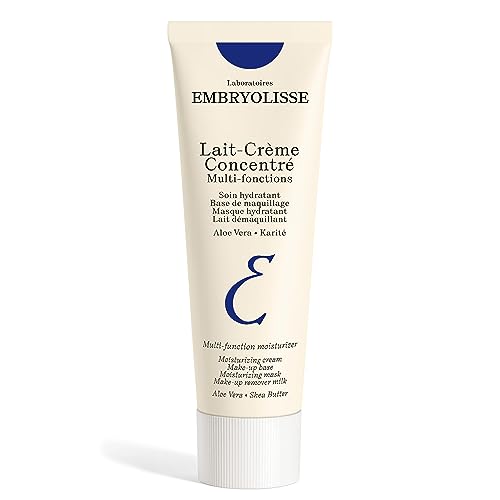
This French pharmacy staple has a long-standing cult-favorite status among makeup artists. It hydrates my sensitive skin like nothing I’ve ever experienced—I haven’t had dryness or irritation in weeks. My overall complexion looks brighter, healthier, and glowier without the added oily sheen that can pop up with rich creams. Pilling is non-existent and it doubles as a primer under makeup. In sum: I fully understand the world’s obsession.
Texture: Lotion
Who It's For: All skin types
Key Ingredients: Shea butter (hydrating), soy protiens (firming)
What We Love: Good for sensitive skin; affordable
What We Don't: Contains fragrance
Review for MC: "Whenever I find myself in Paris, I bring an extra suitcase just to fit my French pharmacy haul. But I do save space on my go-to moisturizer. Thankfully, it's available stateside. I was originally put onto Embryolisse by a makeup artist—it's unsurprisingly a staple in every pro's kit because it layers flawlessly under makeup. Plus, it doesn't irritate my incredibly sensitive skin; I'd even say it calms my redness." — Samantha Holender, Beauty Editor
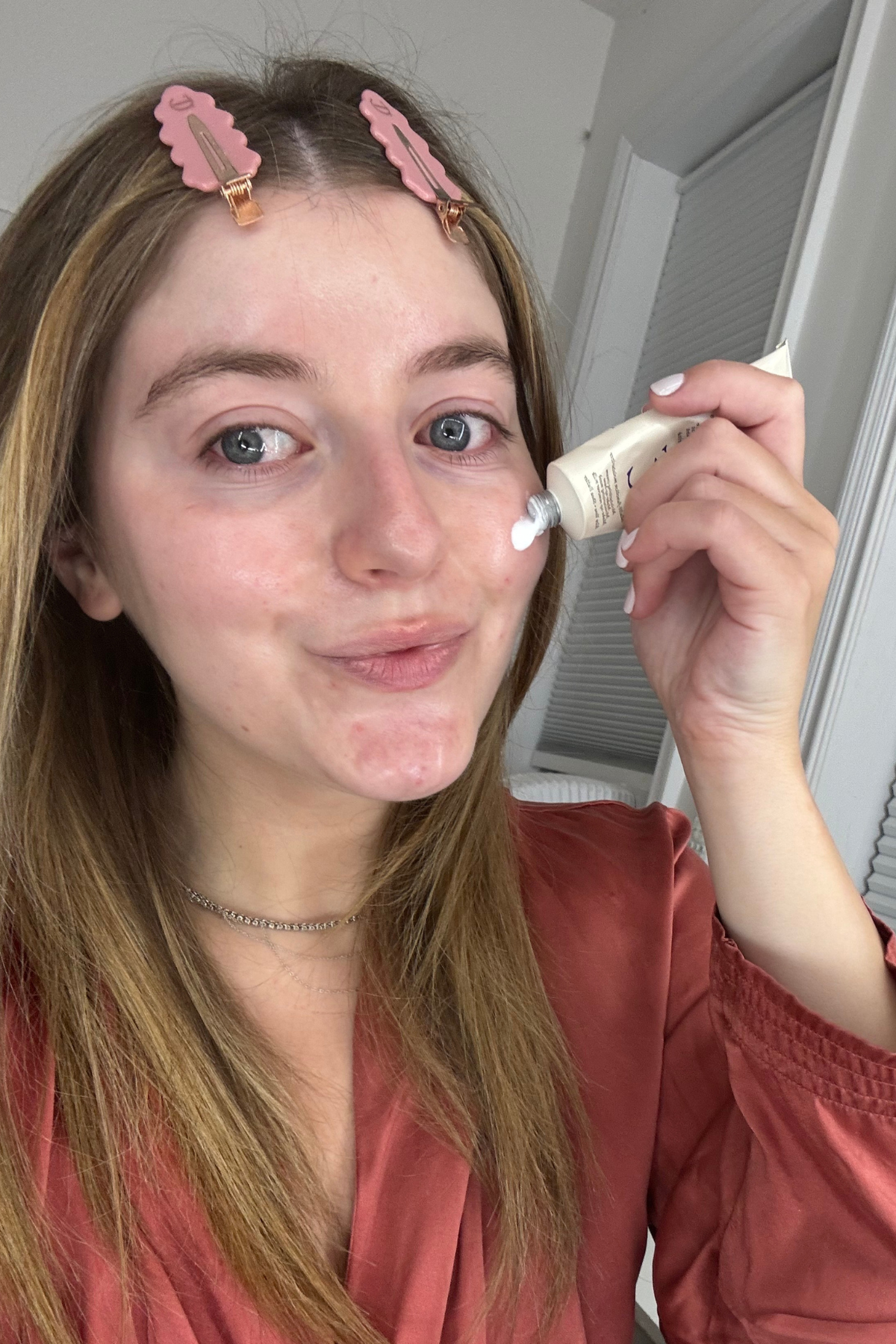
This is my go-to morning moisturizer—it works so well under makeup.
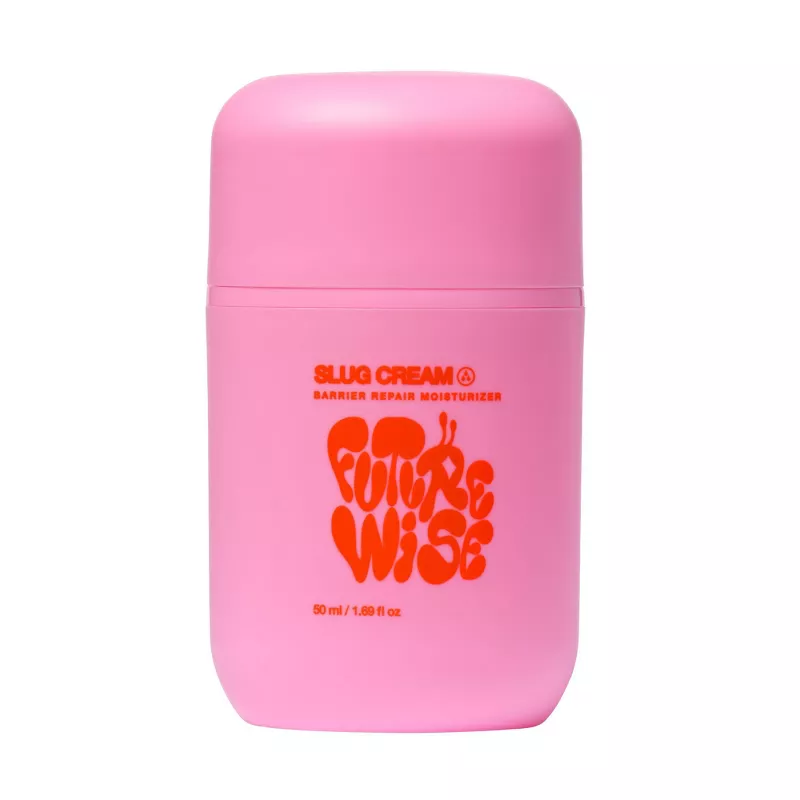
As a big fan of skin slugging—aka the process of locking in moisture with an occlusive layer—I was automatically intrigued by Futurewise's slugging system. Complete with a Slug Boost, Slug Cream, and Slug Balm, the three-step routine is designed to lock in max hydration. This particular step features a rich and creamy texture that houses nourishing ceramides. You'll have a dewy finish instantaneously.
Texture: Cream
Who It's For: Normal, dry, sensitive, combination
Key Ingredients: Ceramides (hydrating), lipid complex (strengthening)
What We Love: Affordable; non-comedogenic
What We Don't: Might feel too heavy for oily skin
Review for MC: "For a daytime moisturizer, I don’t want a formula with too many bells and whistles. If you can boost my moisture levels and keep them that way until evening, I’m a happy girl. This no-frills formula utilizes a vegan triple lipid complex to maintain hydration throughout the day, leaves me with an insane glow, and sits evenly under both sunscreen and makeup. Plus, the affordable price tag is a major bonus. Even my boyfriend steals it on the daily." — Hannah Baxter, Beauty Director
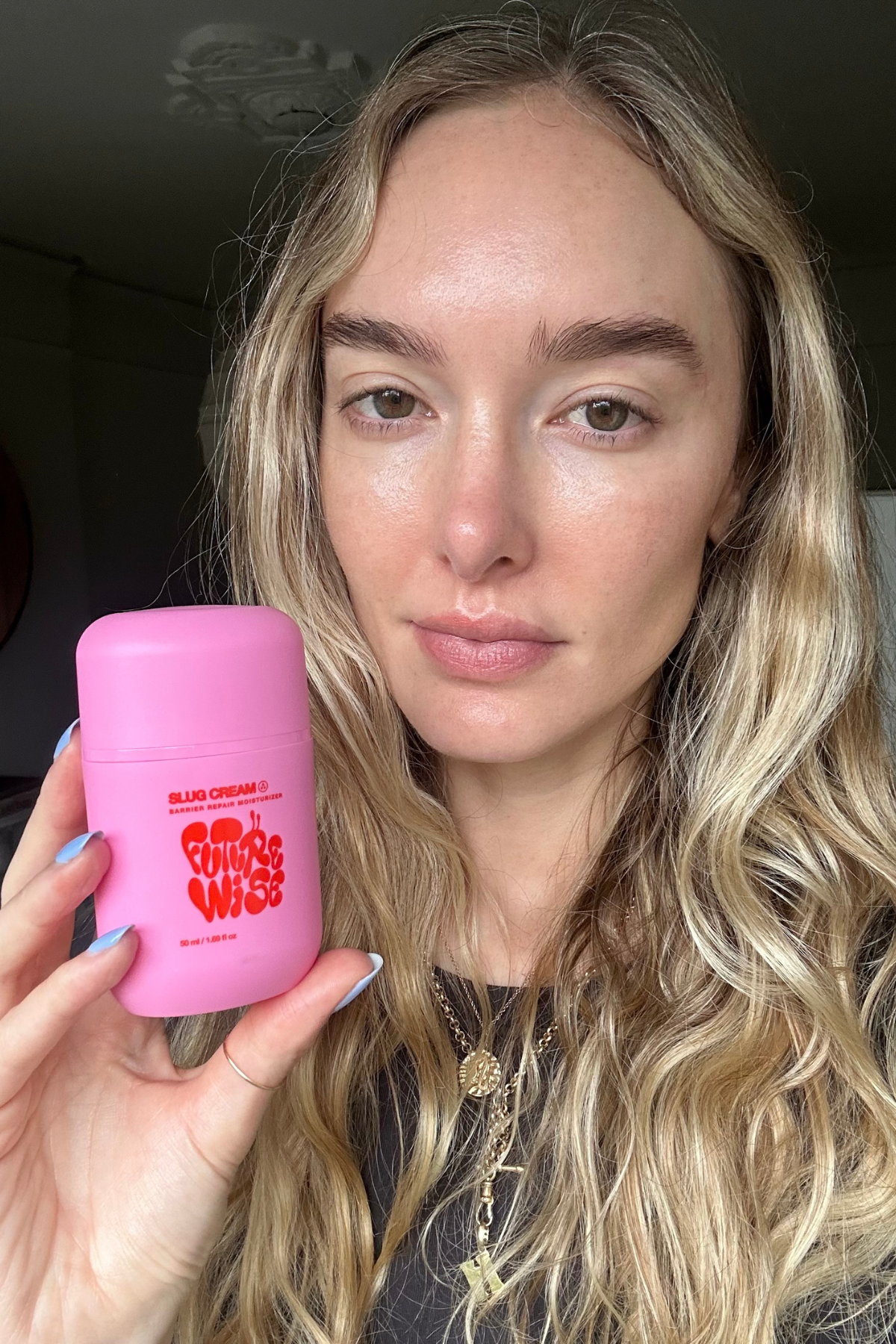
If you're chasing a dewy finish, try Futurewise.
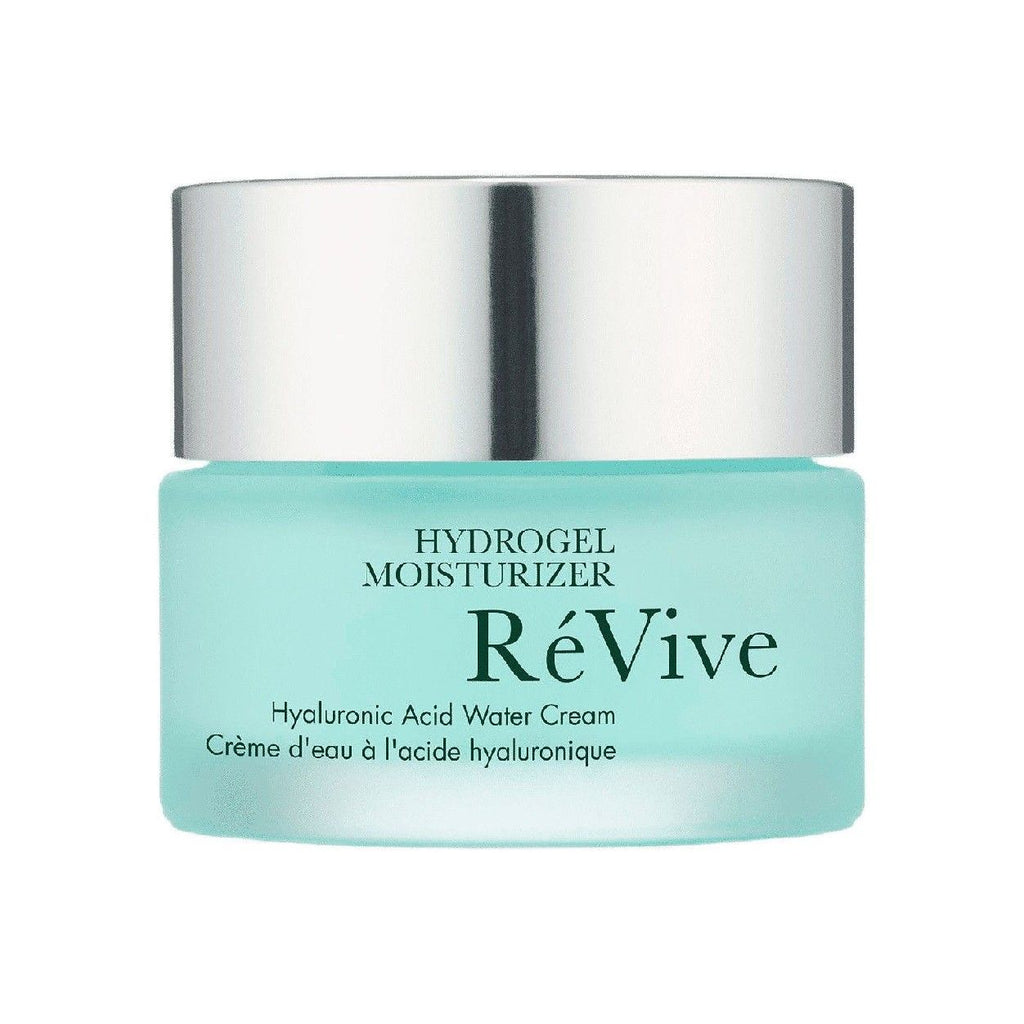
If there was only one skincare brand I could use for the rest of my life, it would be RéVive—and this newly launched gel moisturizer is a huge reason why. The entire line is powered by epidermal growth factor, a protein that stimulates cell growth and works as an anti-aging, line-reducing warrior. But this particular product is lighter than the rest of the range, with a cooling, water-cream consistency. It makes my skin look brighter, plumper, and healthier.
Texture: Water Cream
Who It's For: All skin types
Key Ingredients: Bio Renewal Peptide (plumping and brightening), 4D hyaluronic acid (hydrating)
What We Love: Lightweight feel; more affordable than the rest of the brand; good for morning and night
What We Don't: Can be irritating for some
Review for MC: "I've used RéVive's Moisturizing Renewal Day Cream for years—and I'm loyal. Still, this lighter-weight option has a gorgeous texture and has quickly become my go-to during the warmer months and during the day. My skin is incredibly sensitive, but this cooling gel is soothing on my skin. I'm left with a dewy finish, but don't end up looking greasy come mid-day, which is a huge pain point when it comes to heavier creams." — Samantha Holender, Beauty Editor
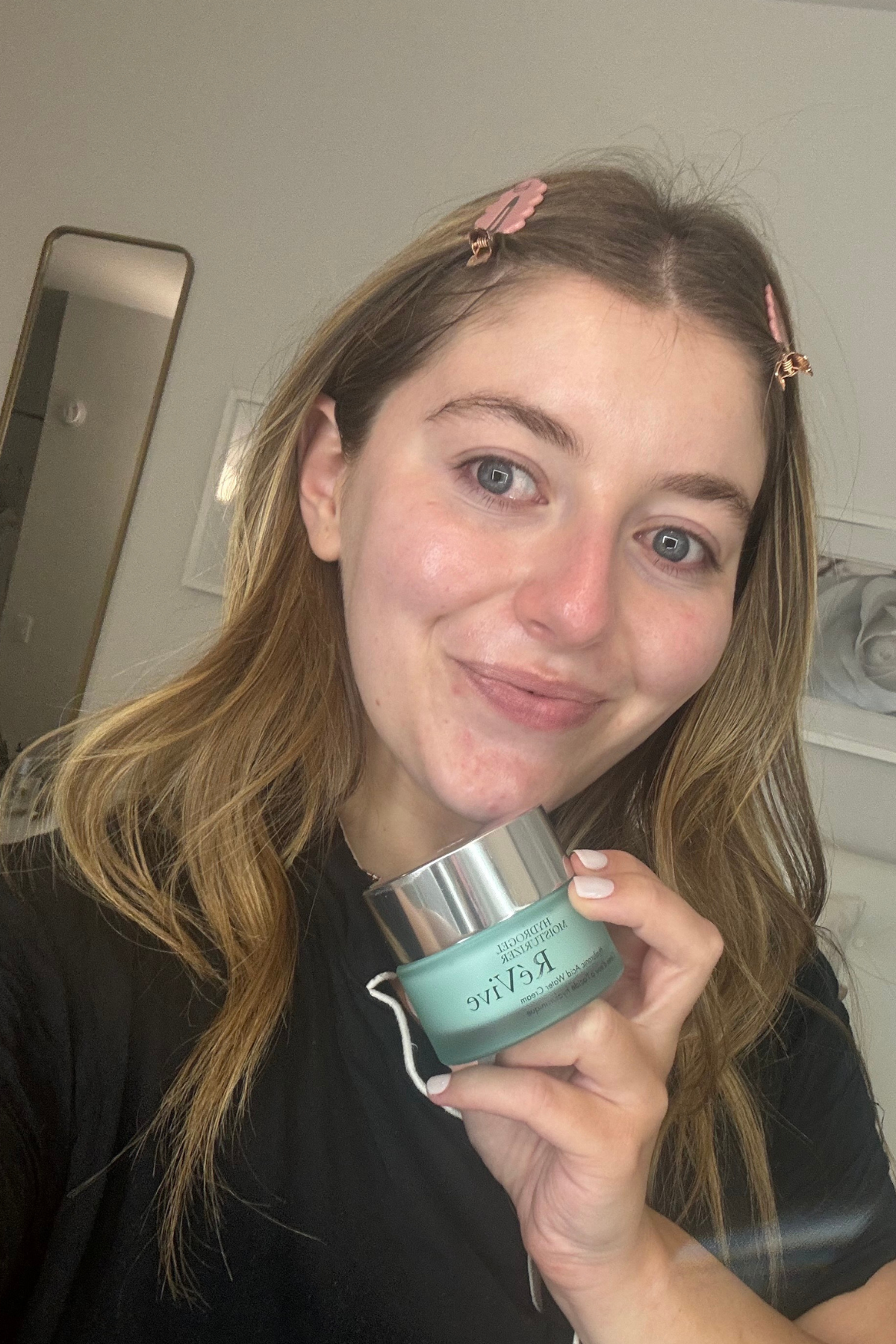
For a lightweight texture that provides the hydration levels of a cream, reach for RéVive.
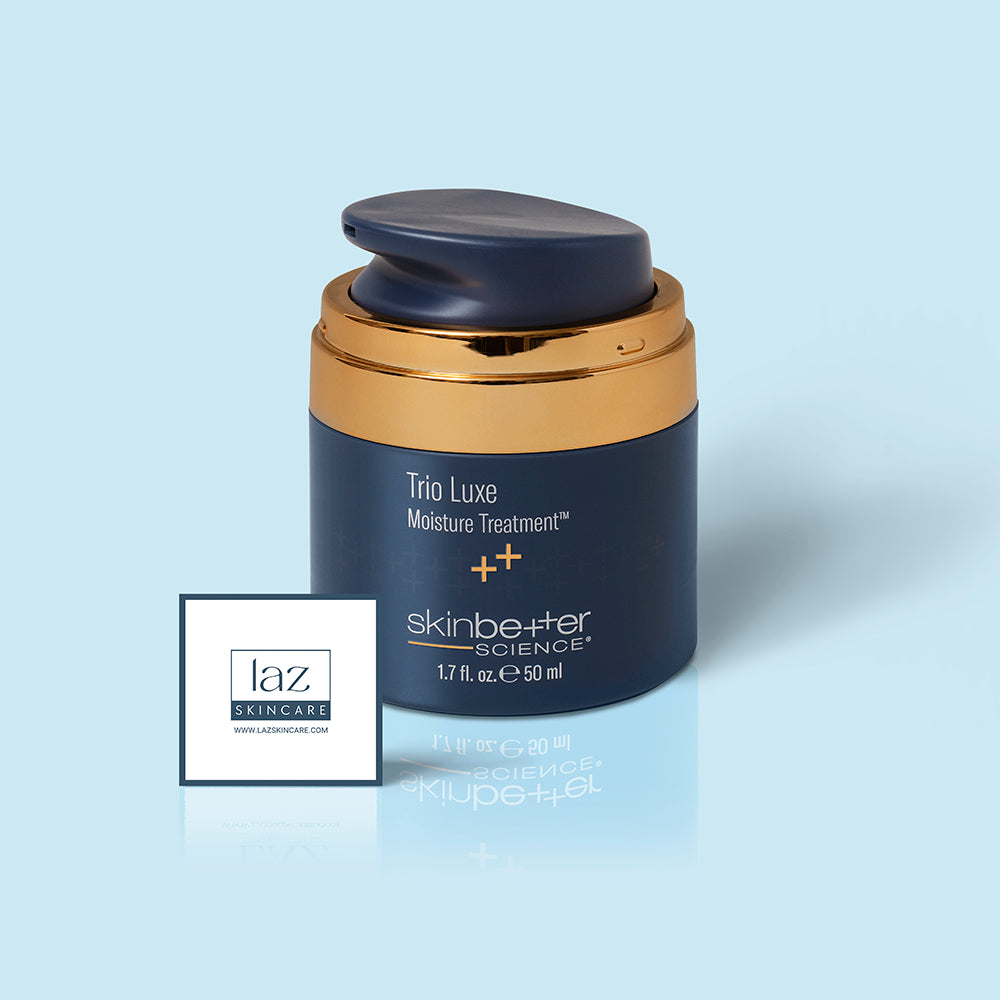
Having dry skin is, to put it nicely, no fun. Your face can feel tight, burn upon product application, and flake under makeup. Enter: SkinBetter Science, a brand that invented the best possible moisturizer for extremely dry skin. It's packed with dozens of hydrating ingredients—like urea, ceramides, and niacinamide—that will instantly restore moisture.
Texture: Cream
Who It's For: Normal, dry, and sensitive skin types
Key Ingredients: Urea (moisturizing), niacinamide (evening)
What We Love: Fragrance-free; deeply hydrating and great for dry skin; smooths out texture under makeup
What We Don't: Too heavy for oily complexions or on humid days
Review for MC: "At night I need a rich moisturizer that also helps to hydrate and restore my skin while I sleep (the time at which your epidermis is already in repair mode). This formula is pricier but SO worth it, with a velvety texture that’s a dream to apply, plus Sodium PCA, Sodium Lactate, and Urea to maintain hydration all night long, and potent actives like Aminopropyl Ascorbyl Phosphate to smooth and Olive Fruit Extract to minimize redness. The difference is noticeable enough that if I forget to travel without it, my skin basically goes on strike the next morning." — Hannah Baxter, Beauty Director
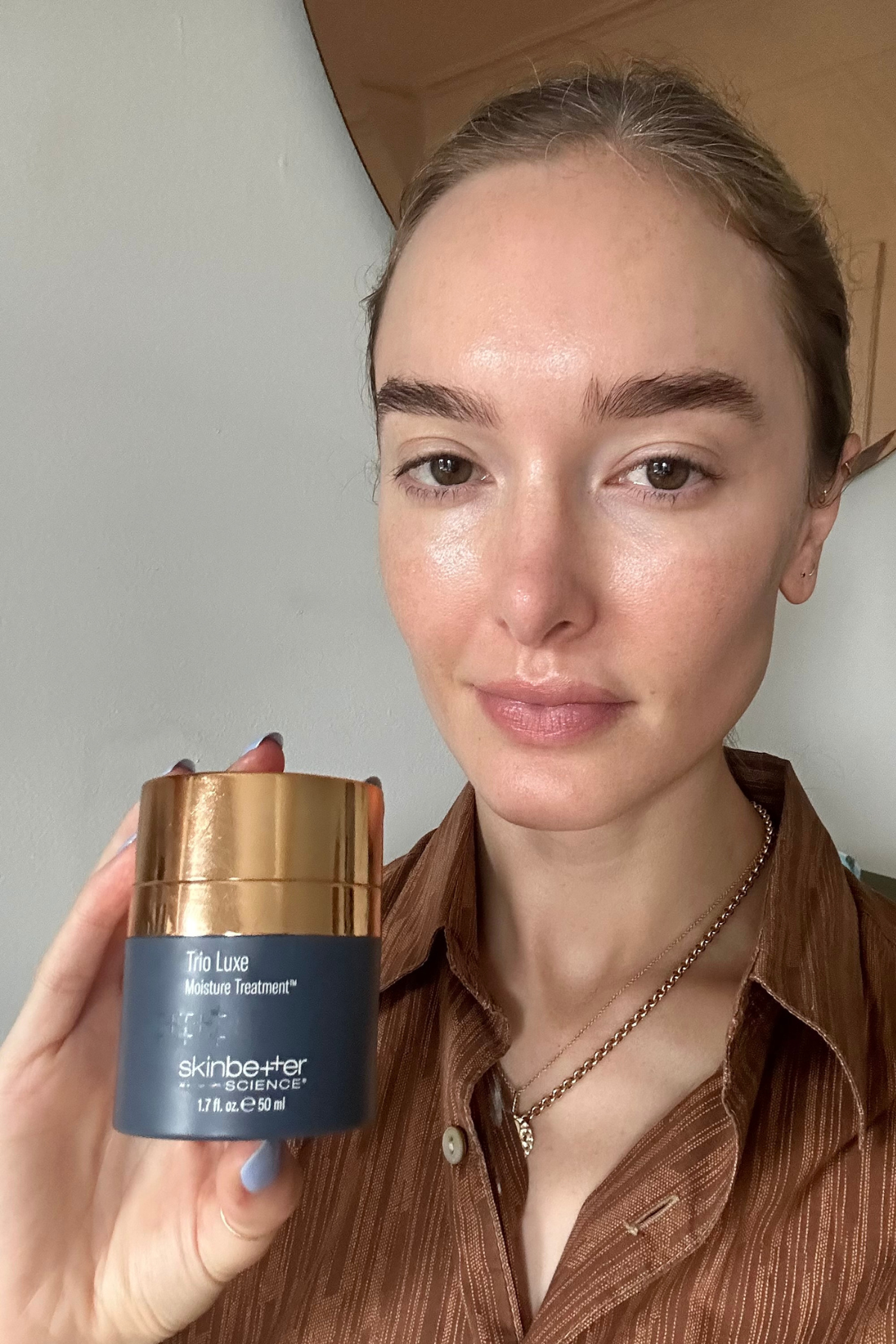
This cream will quickly calm redness.
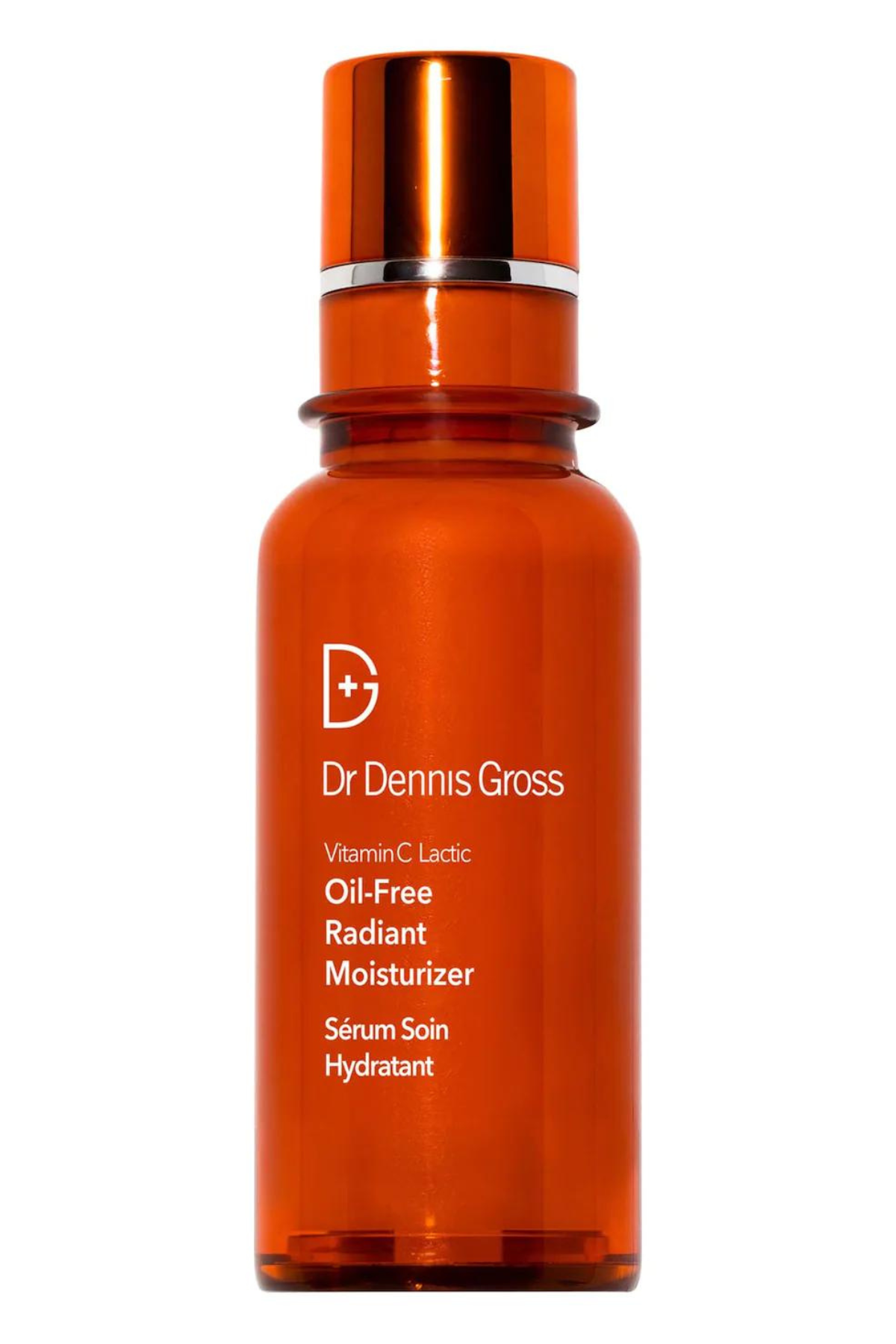
You always need a moisturizer—no matter how oily your skin tends to be. That said, finding a non-comedogenic option (meaning it won't clog your pores) that's also oil-free is non-negotiable. Take this Dr. Dennis Gross formula for example. It's lightweight, calms redness, and delivers light hydration without irritating your complexion.
Texture: Lotion
Who It's For: Oily, acne-prone, or combination skin
Key Ingredients: Vitamin C (antioxidant protection), lactic acid (helps with absorption), niacinamide (redness reducing)
What We Love: Multi-benefit; oil-free
What We Don't: Some report irritation
Review for MC: “My acne-prone, ultra-oily skin tends to react poorly to protective ingredients like Vitamin C, but this oil-free formula is a non-comedogenic dream. This moisturizer protects your skin from the elements with the strength and consistency of The Queen's Guard." — Lucia Tonelli, Associate Social Media Director

Oil-free and non-comedogenic, this is a great pick for anyone dealing with acne.
Other Moisturizers We Love
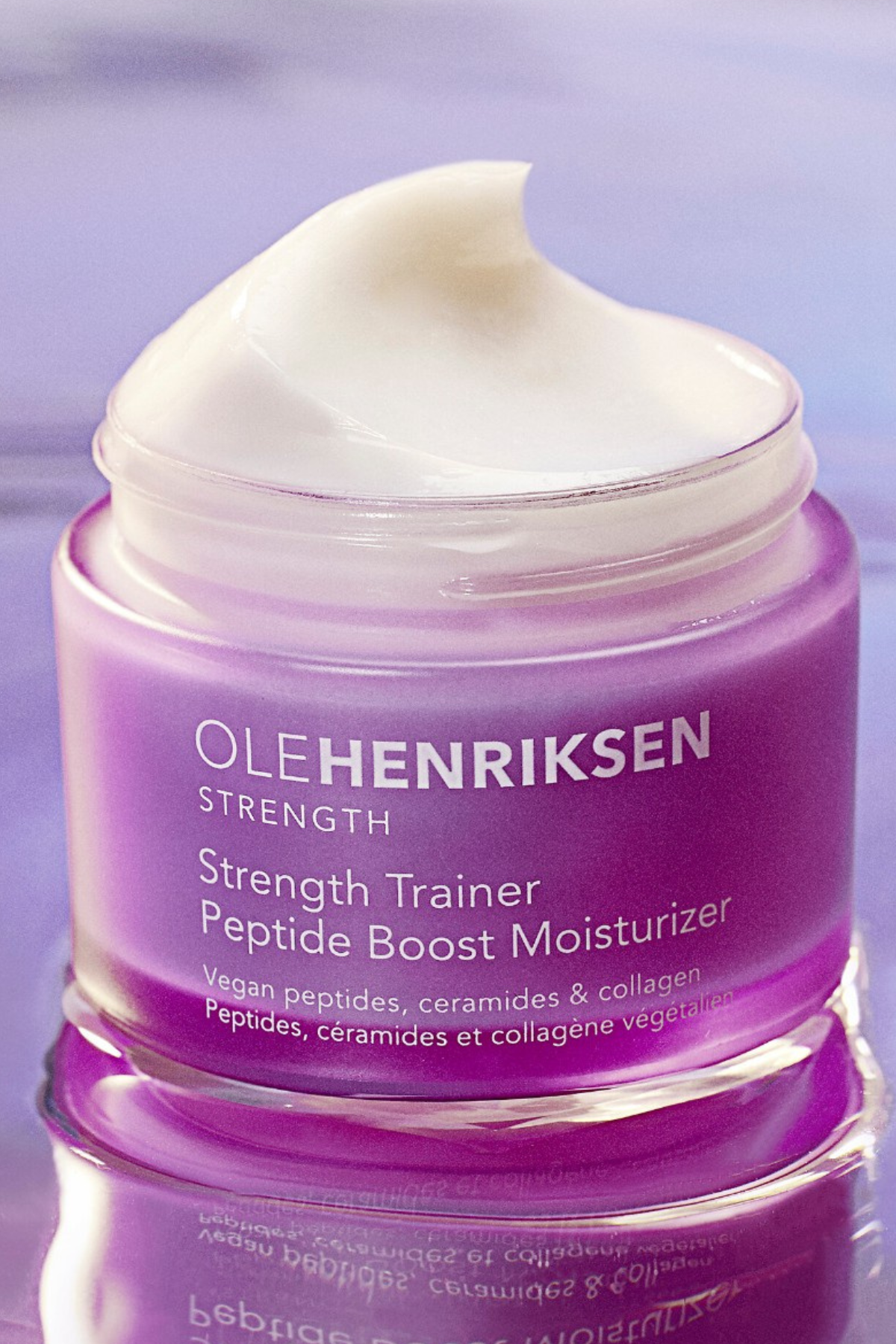
If nothing seems ever to quench your skin's thirst, take E-Commerce Editor Julia Marzovilla's recommendation and try Ole Henriksen's Strength Trainor. "Not only does it smell amazing (like sweet lemons!) but the icing-like formula immediately melts into my skin and keeps it hydrated all night long," she says. The magic ingredients in this vegan formula are the eight different amino acids and peptides, which strengthen skin from the inside out and keep fine lines and wrinkles at bay.
Texture: Cream
Who It's For: Normal, dry, oily, combination skin types
Key Ingredients: Amino acids (hydrating), peptides (conditioning), ceramides (strengthens barrier)
What We Love: Hydrating; vegan
What We Don't: Fragrant
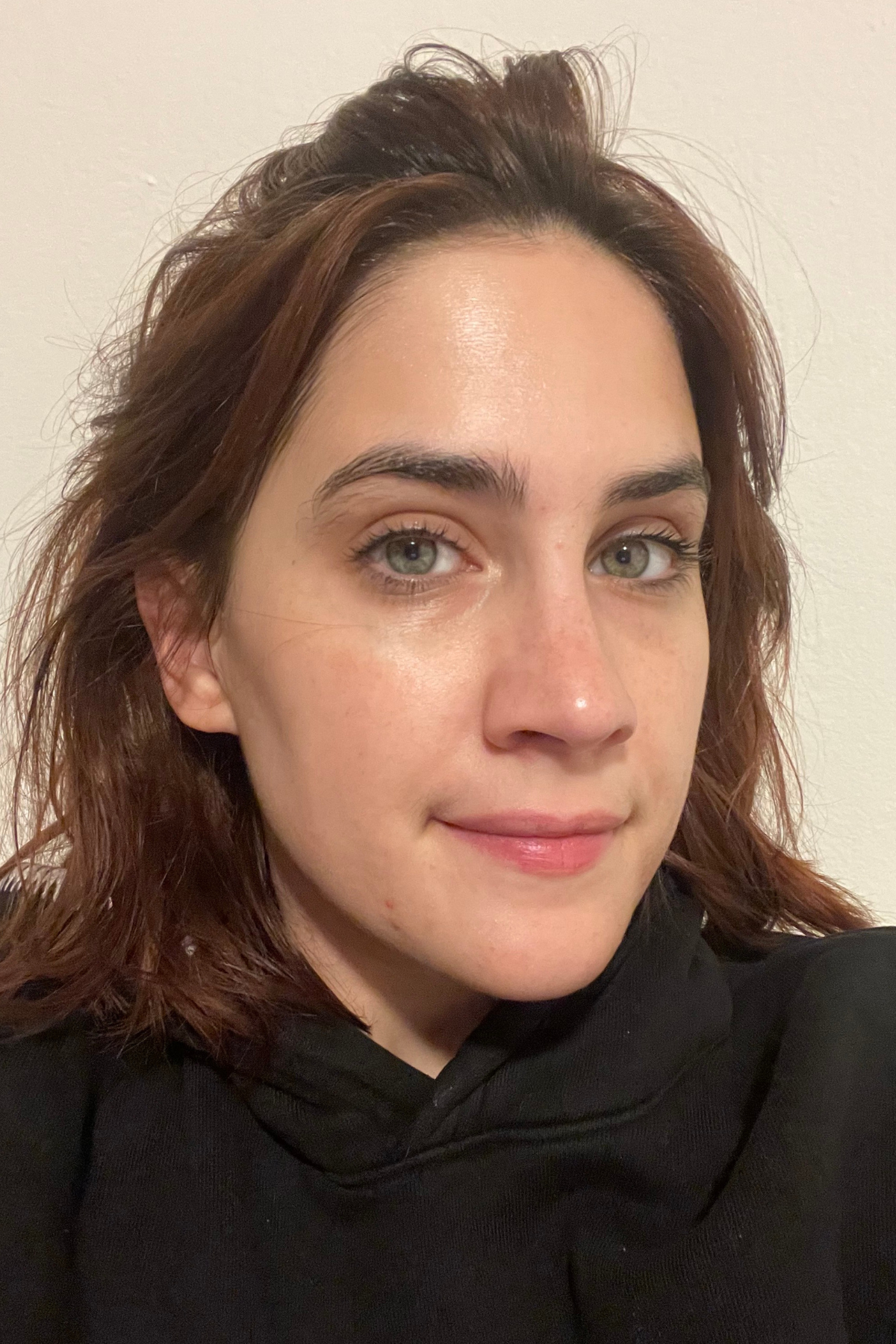
You'll notice a huge difference in your skin's hydration levels after just one use.
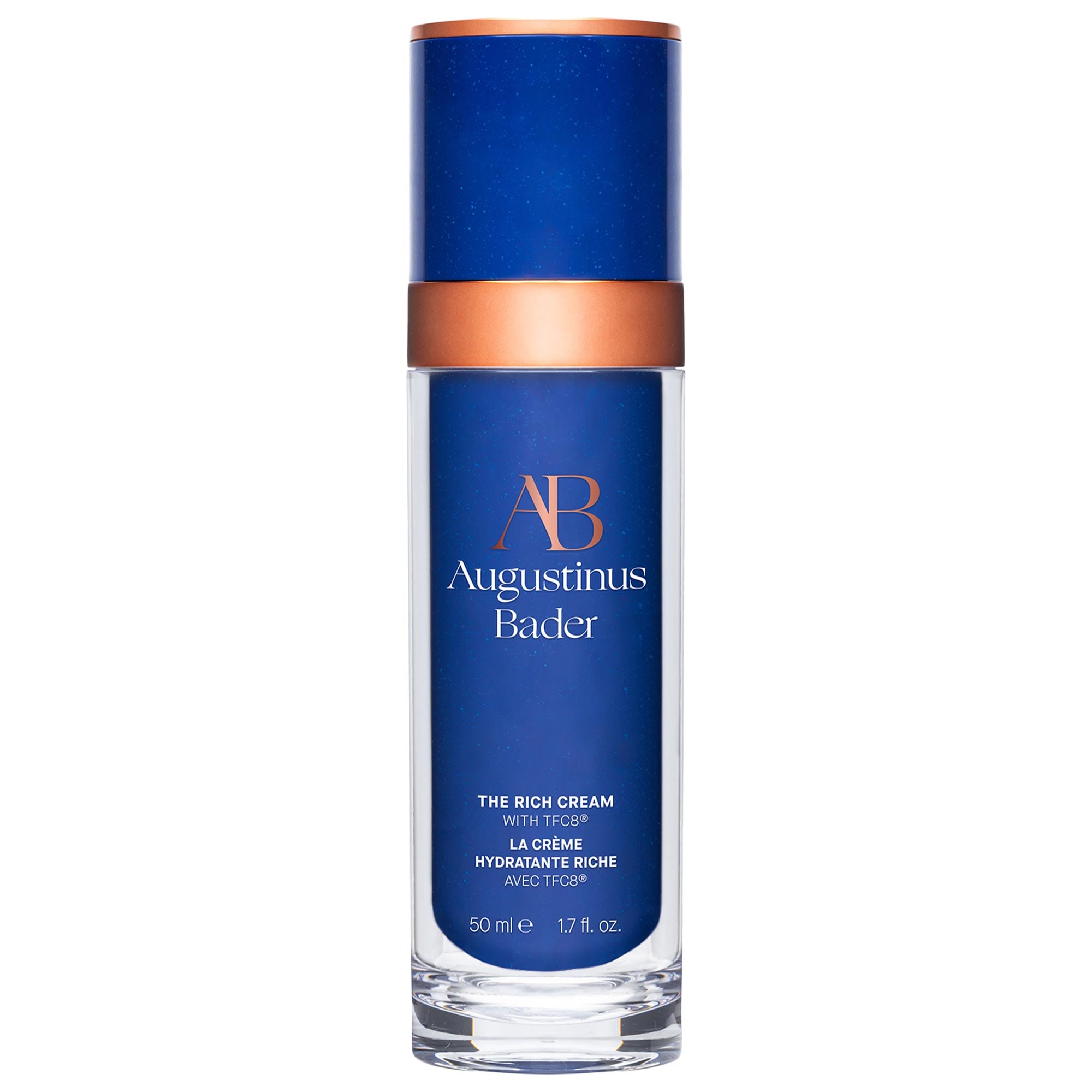
"I have tried so many moisturizers over the years and always find myself returning to The Rich Cream. I use it consistently, and it’s the only cream I’ve used that deeply hydrates, plumps, and smooths my skin," says Contributing Beauty Writer Taryn Brooke. "I’m in my 30s, and my skin deeply appreciates how it complements all the laser and facial treatments I do. The patented TFC8®, which supports cellular renewal, has, over time, left my skin glowing. I tend to switch to The Cream during the warmer months, and now that we’re moving into the colder months of the year, The Rich Cream is back in my daily rotation."
Texture: Cream
Who It's For: Normal, dry skin types
Key Ingredients: TFC8 (nourishing), hyaluronic acid (plumping), rice protein (plumping)
What We Love: Clinical results; immediate and long-term efficacy; firming
What We Don't: Has an interesting smell; expensive
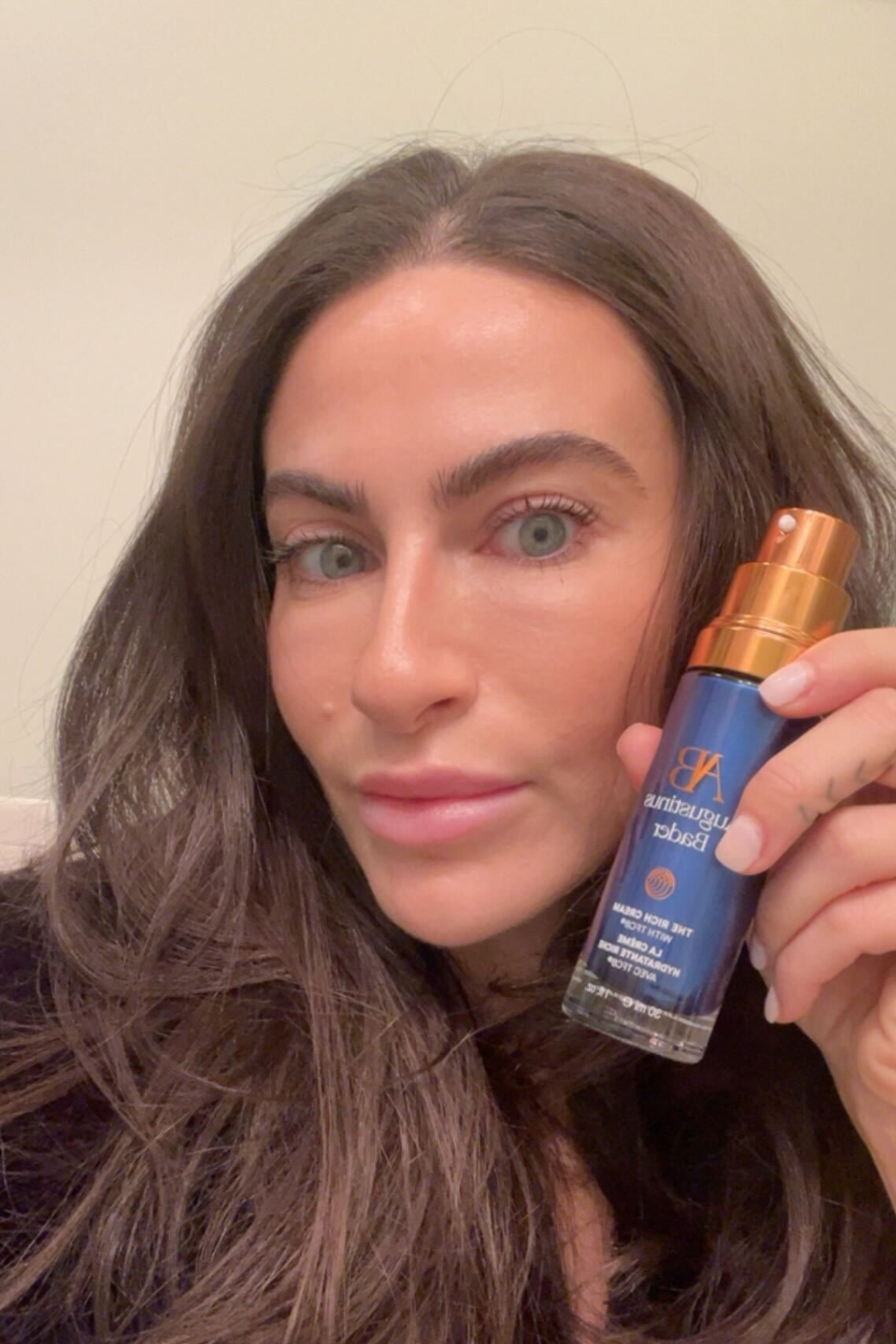
The price tag here might be high, but according to Brooke, it's well worth it.
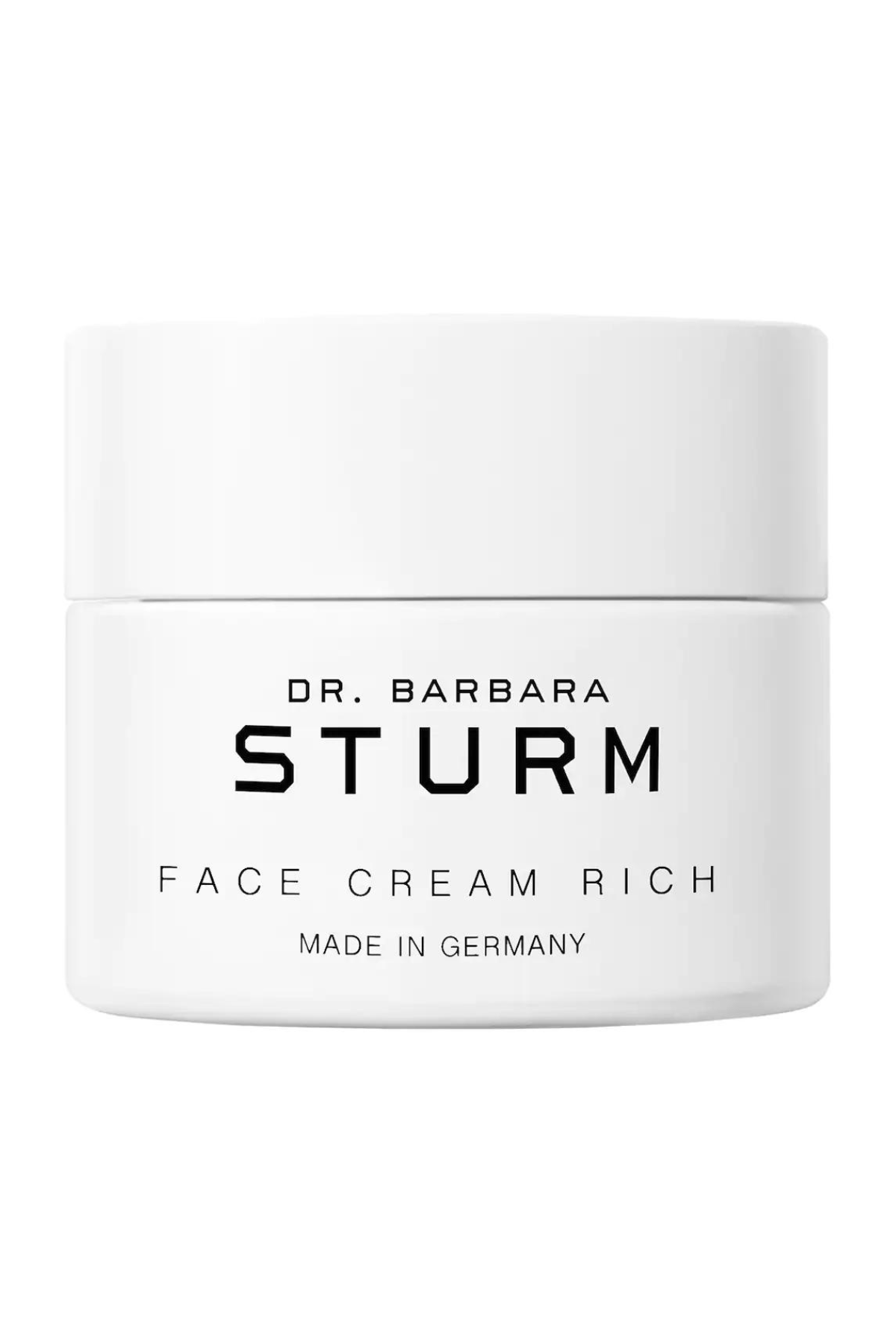
I have rosacea and red undertones, but this cooling and calming cream helps me stay balanced. Its powers largely come from ingredients like avocado oil and purslane, which provide antioxidant protection and calming, soothing benefits. I also found that this product has a relatively lightweight and easy-to-rub-in texture for a rich cream, making it suitable for year-round use. I've probably gone through 20 jars of this—that's how much I love it.
Texture: Cream
Who It's For: Sensitive, dry, combination, and normal skin types
Key Ingredients: Vitamin E (smoothing), avocadin (hydrating), skullcap (supports renewal)
What We Love: Good for redness; soothing
What We Don't: Expensive
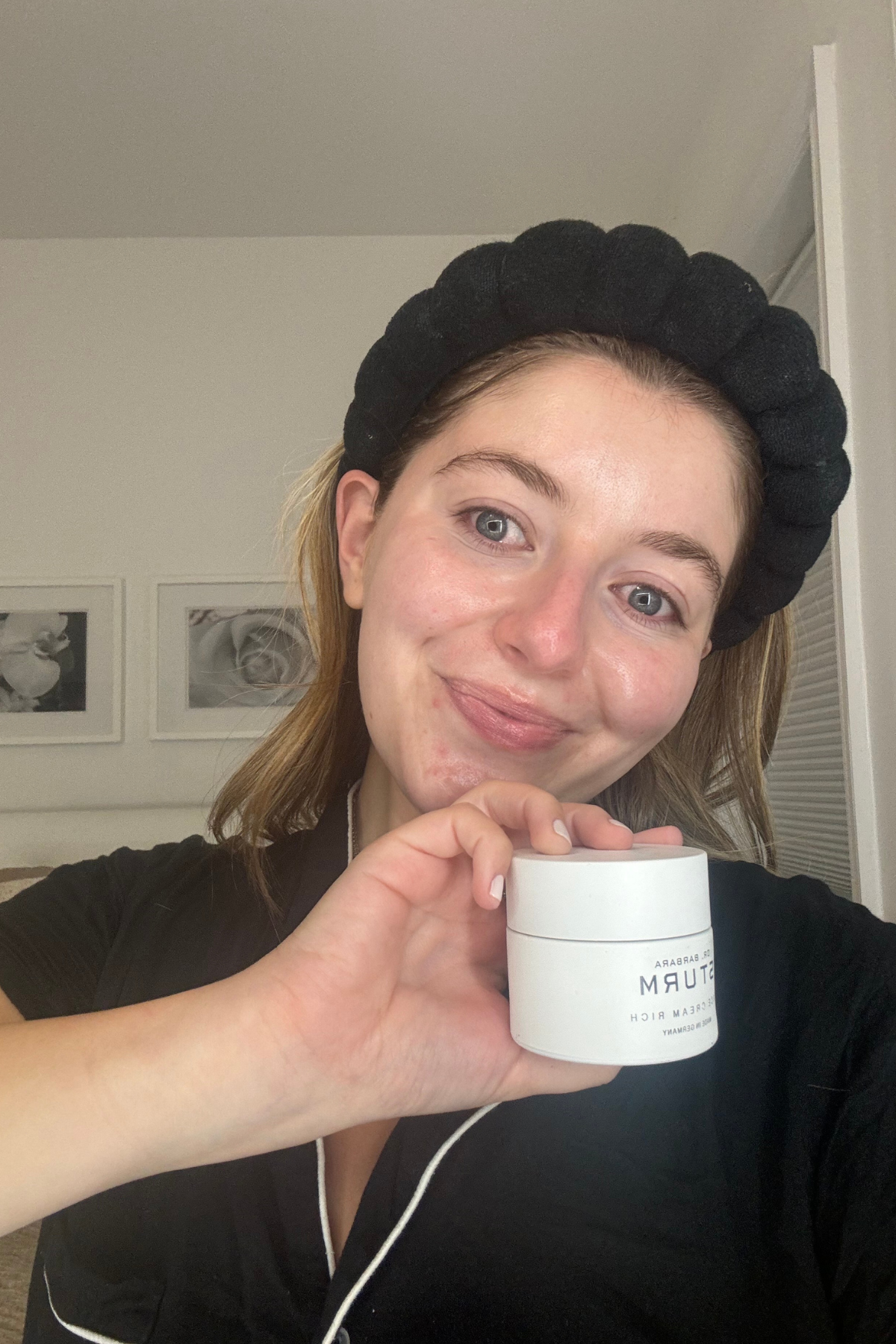
I have dozens of moisturizer in my cabinet, but I religiously use this one every single night.
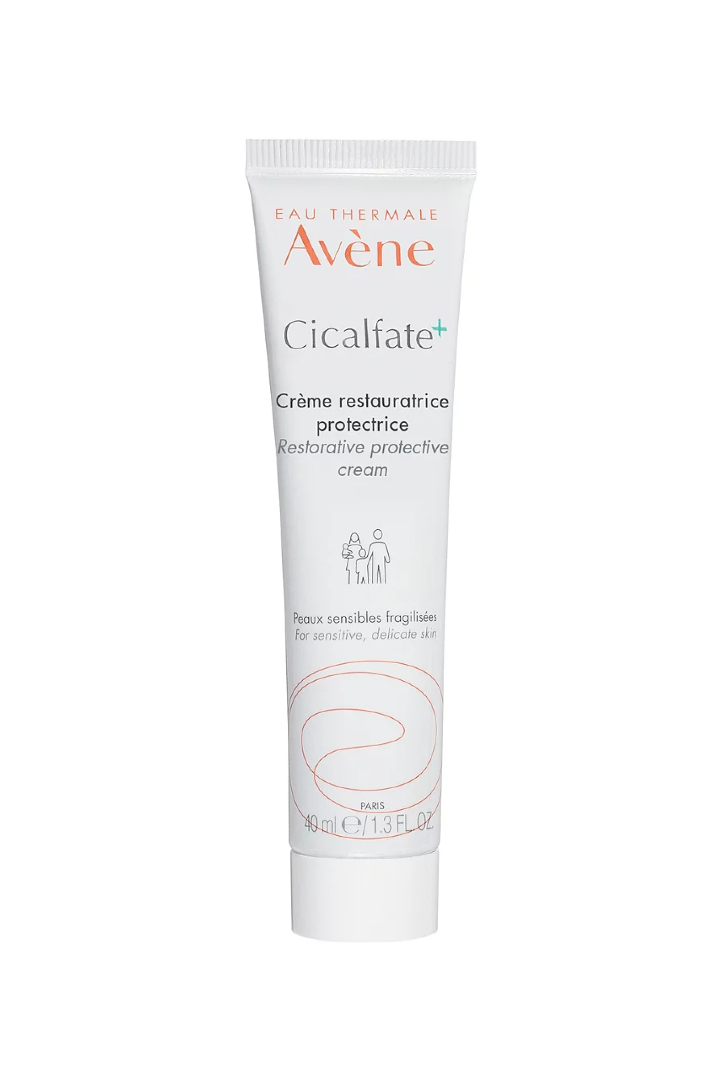
With Hailey Bieber and Nicola Peltz Beckham as big fans, you can count on this cream to make your skin glow. "A little goes a long way, and it leaves my skin hydrated and soothed for hours without feeling greasy or shiny or clogging my (easily cloggable!) pores," adds Marie Claire Digital Director Jenny Hollander. It's a go-to for cracked or super dry skin needing a hydrating boost.
Texture: Cream
Who It's For: Dry, normal, sensitive, acne-prone skin
Key Ingredients: C Restore (strengthening), Thermal Spring Water (soothing), copper sulfate (balancing)
What We Love: Lightweight; matte finish; non-comedogenic
What We Don't: Expensive
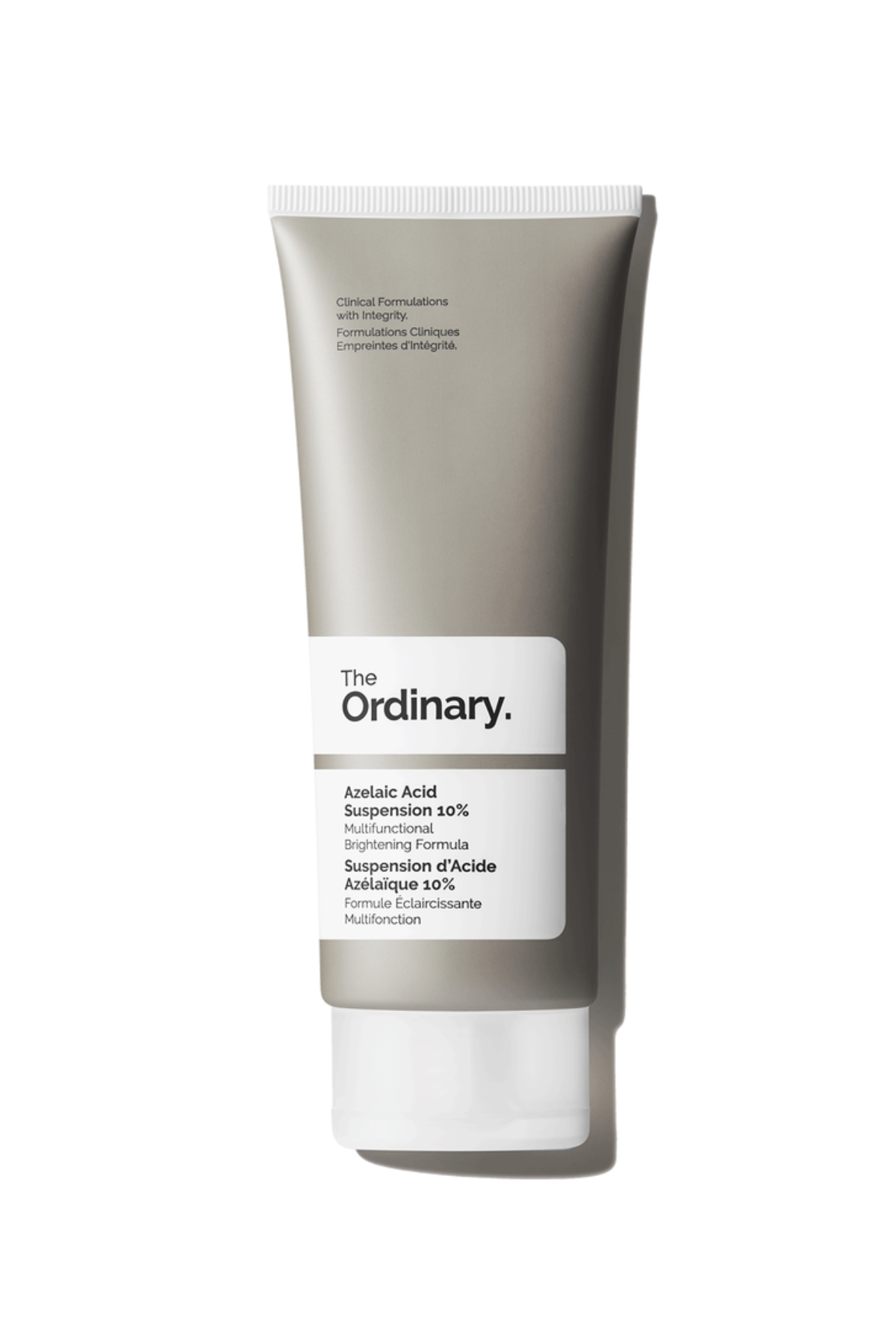
A high-quality product doesn't have to come with a high price point—and this drugstore cream is proof. "This daily moisturizer from the Ordinary does the trick for me day and night," says Associate E-Commerce Editor Brooke Knappenberger. "It feels extra lightweight, which is great for wearing underneath makeup, and it doesn't add any extra oil to my already oily skin. I love it so much, I'm already on my third bottle."
Texture: Lotion
Who It's For: All skin types
Key Ingredients: Lipids (strengthening), urea (hydrating)
What We Love: Affordable; lightweight
What We Don't: Some say it’s drying
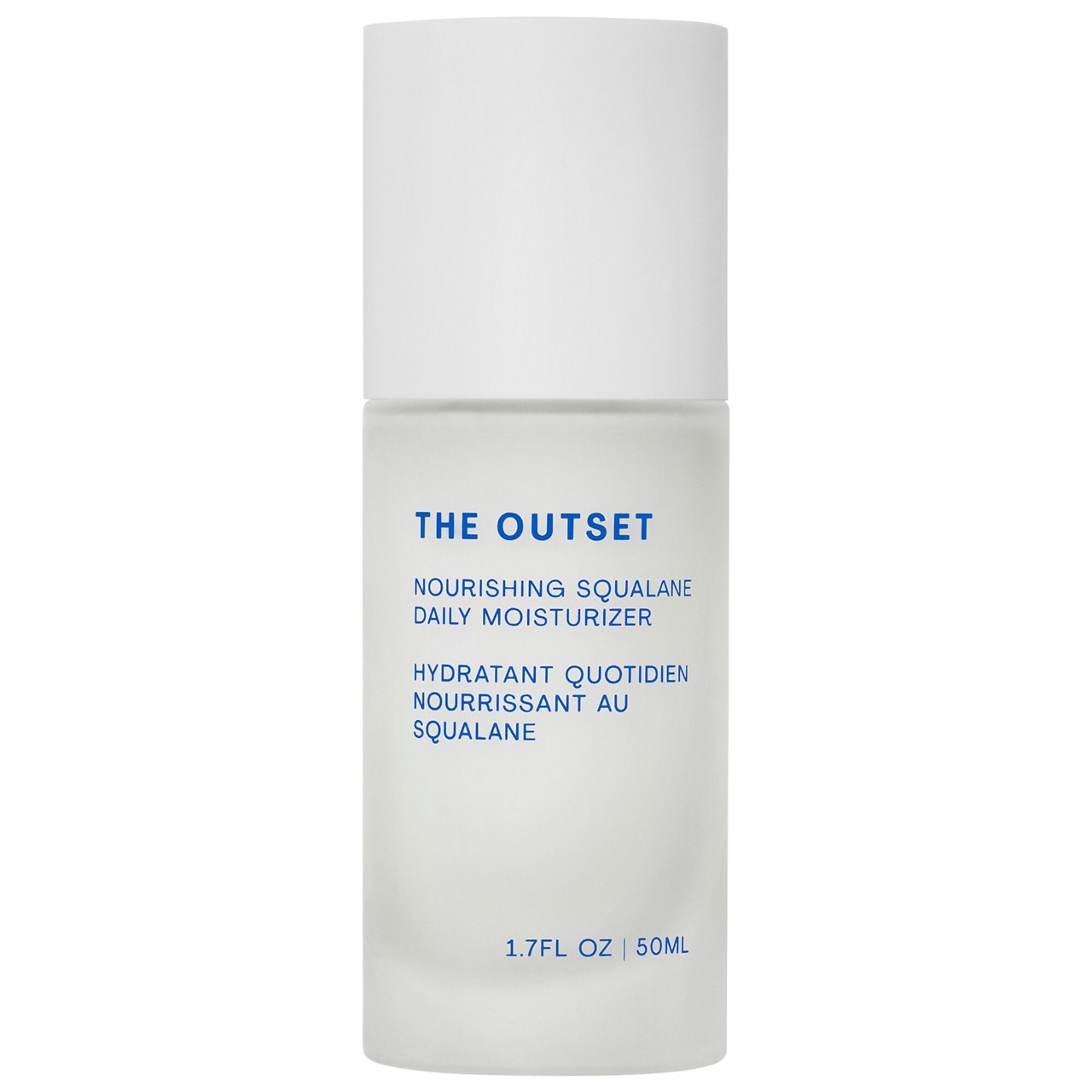
Scarlett Johansson uses this day in and day out (it's her brand, after all), but board-certified dermatologist Nava Greenfield, MD FAAD, also approves of this product. "They use only fragrance-free and gentle ingredients," she says. This product gives a huge moisture boost while still being gentle enough for sensitive skin and all skin types." The finish is super silky and gives the skin a subtle dewiness.
Texture: Lotion
Who It's For: Normal, dry, combination, and oily skin types
Key Ingredients: Squalane (hydrating), edelweiss extract (brightening)
What We Love: Good for dry and sensitive skin; fragrance-free
What We Don't: Some say it pills
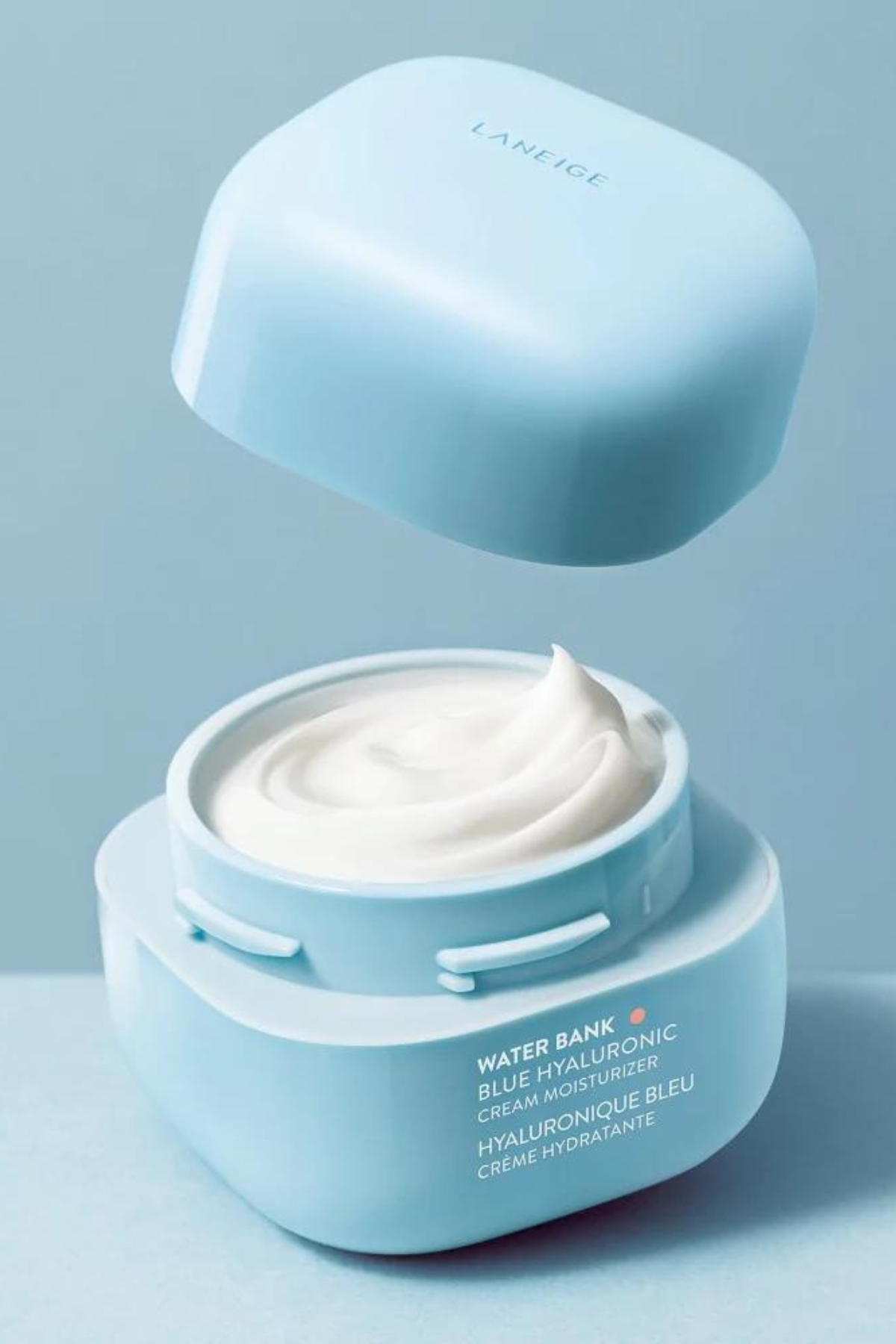
Sydney Sweeney isn't the only one who can't get enough of this lightweight gel moisturizer. It's Hollander's favorite, too. "It's lightweight but nourishing and perfect for mixing and matching with your other products during the day," she shares. "I like to combine it with sunscreen for low-key days, or with CC cream or foundation when I'm heading out into a cold night. It doesn't clog my pores, it gives me a gentle glow, and it comes in the cutest baby-blue bottle."
Texture: Water cream
Who It's For: Normal, dry skin types
Key Ingredients: Hyaluronic acid (hydrating), panthenol (soothing)
What We Love: Lightweight; glowy
What We Don't: Not great for dry skin
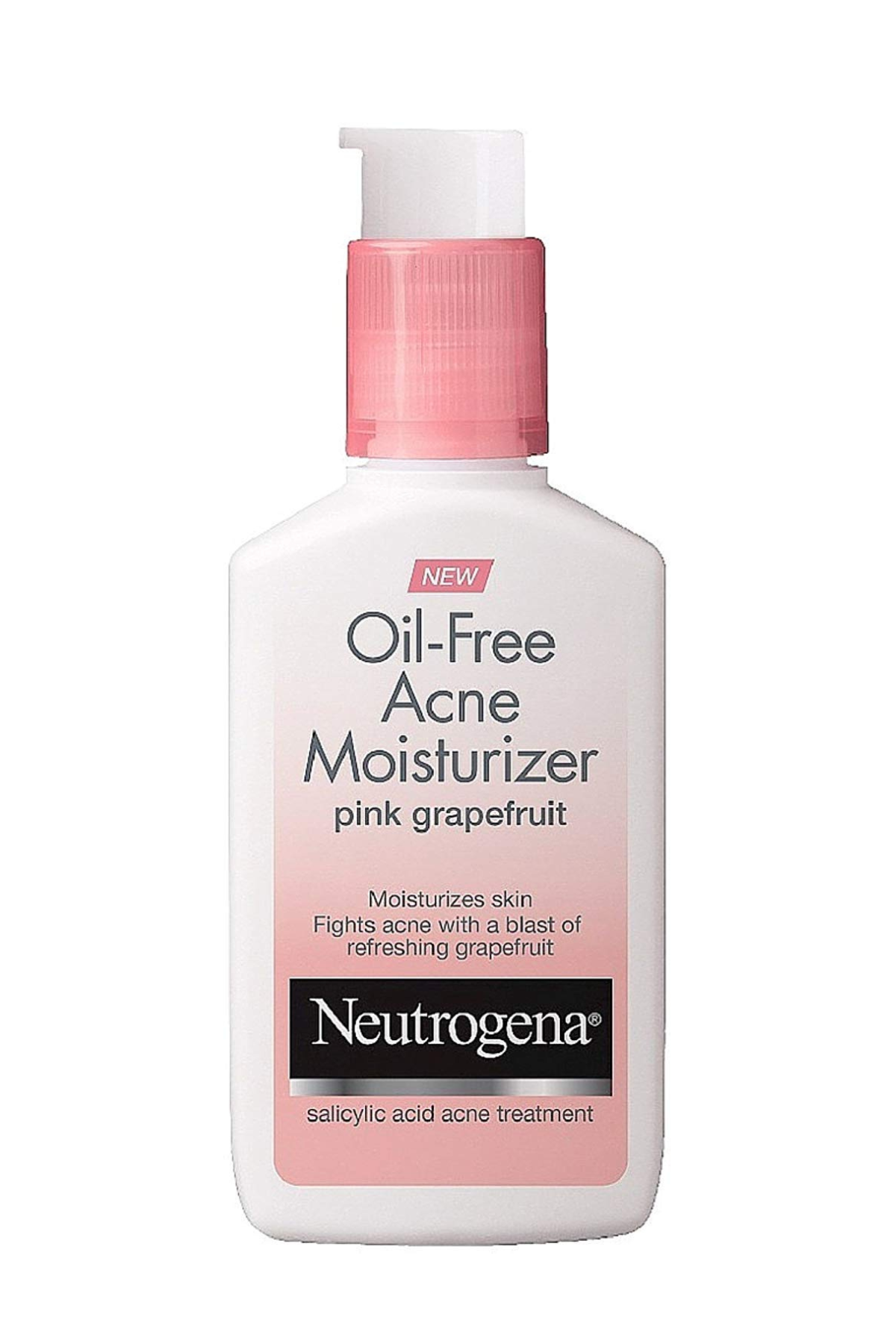
Salicylic acid is one of the best acne-fighting ingredients, so it's no shocker that this salicylic acid-infused lotion is Tonelli's go-to when dealing with breakouts. "When it's hot out, when I'm PMSing, or when I'm feeling stressed, the skin on my face and back tends to explode into acne, and this moisturizer calms it down within a few short days without drying me out or inducing uncomfortable stinging," she says. An added bonus: It has a nice grapefruit scent.
Texture: Lotion
Who It's For: Oily and acne-prone skin
Key Ingredients: Salicylic acid (fights acne and absorbs oil)
What We Love: Affordable; Great for blackheads
What We Don't: Not hydrating enough for some
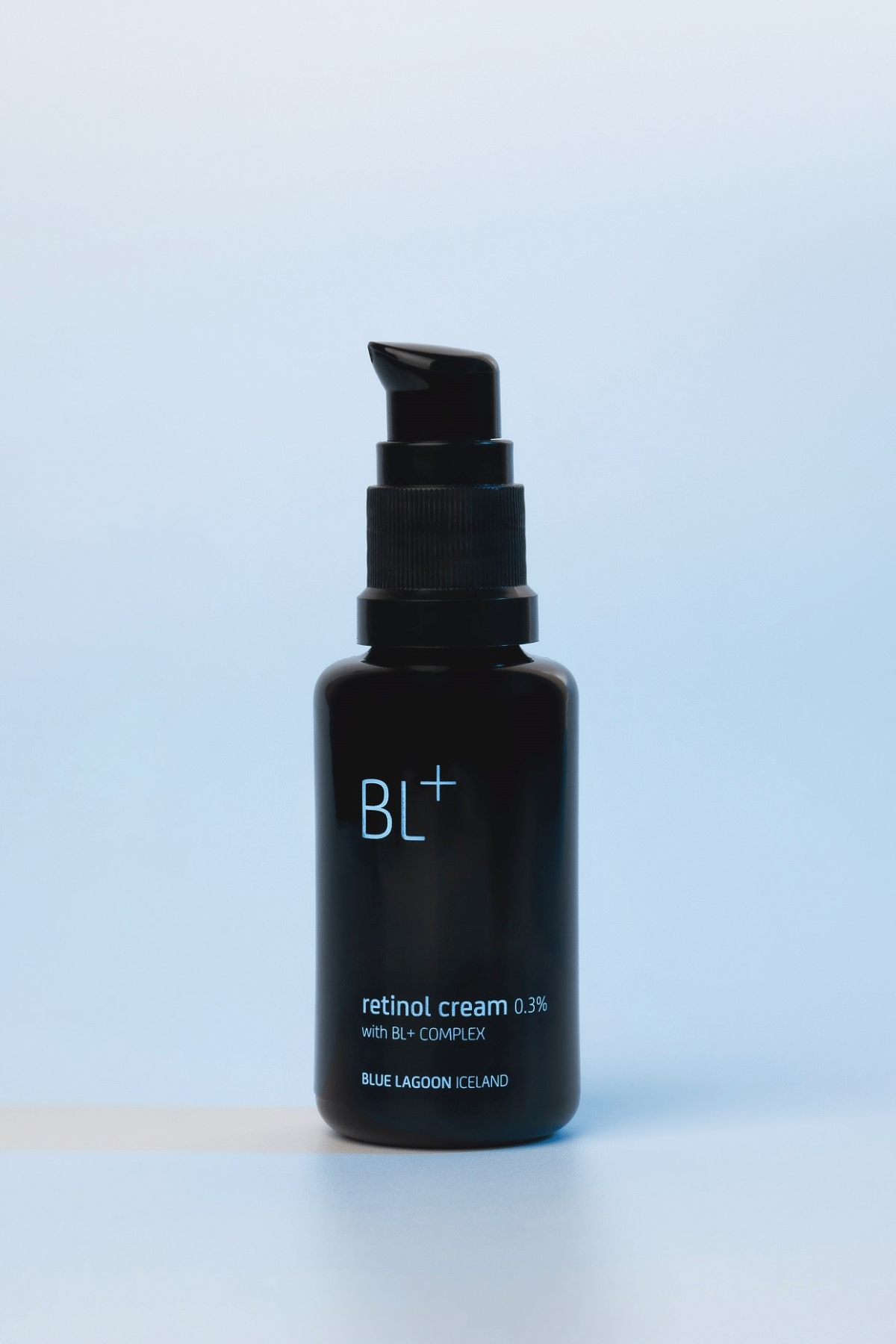
Retinol can be drying on its own, but using it in tandem with a hydrating formula can help combat the side effects. This retinol cream is made for first-time retinol users and is coupled with hydrating ingredients like microalgae, silica, and minerals that can only be found in Iceland's famed Blue Lagoon. Just be sure to wear extra sunscreen during the day while you're using it—retinol makes your skin more sensitive to the sun.
Texture: Cream
Who It's For: Mature, combination, oily, and normal skin types
Key Ingredients: Retinol (anti-aging), hyaluronic acid (hydrating)
What We Love: Contains retinol; gentle
What We Don't: Not ideal if you have another exfoliant in your routine
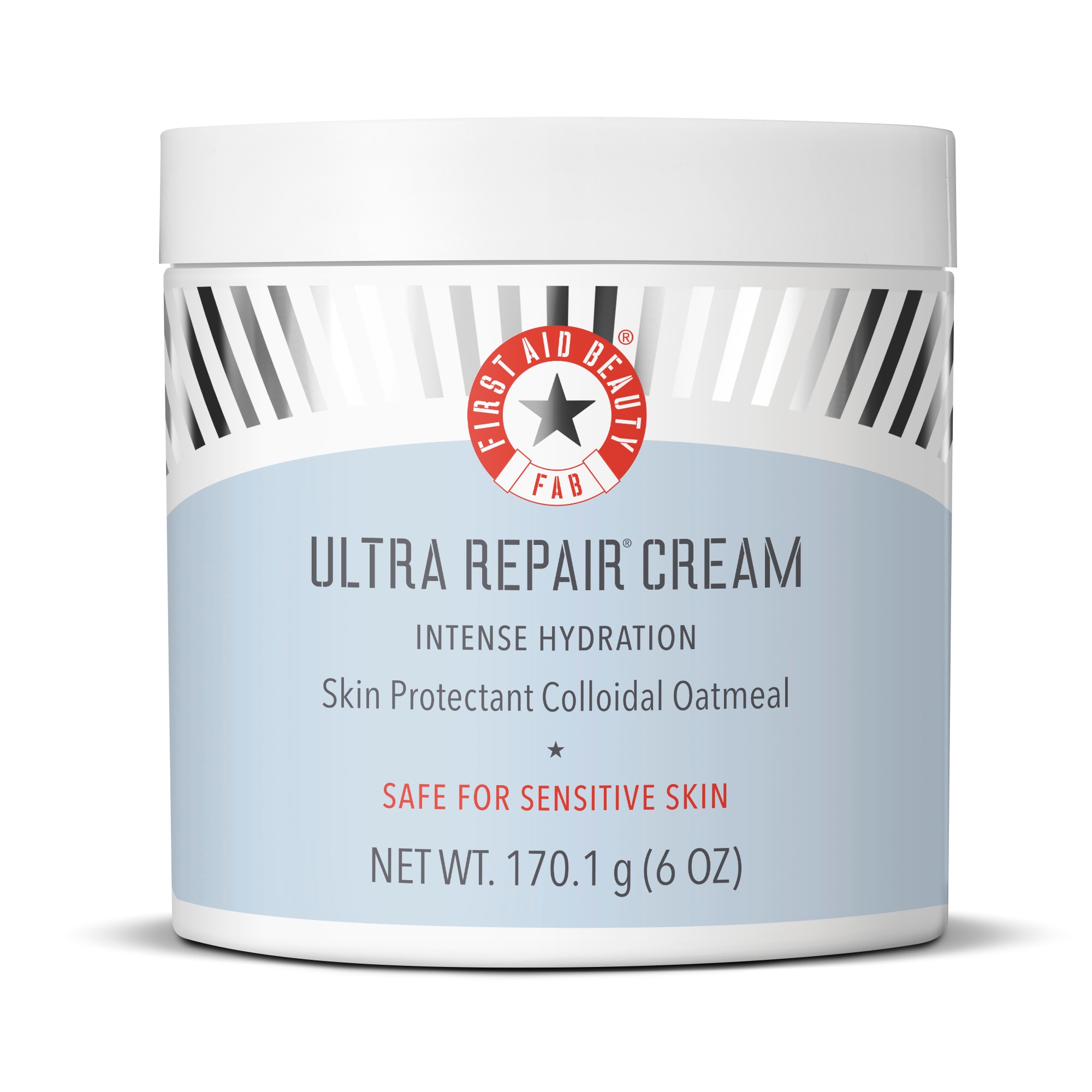
Billie Eilish, Lizzo, and Marie Claire's own Digital Director keep this sensitive skin-safe cream on standby. "I get on-off eczema around my eyes and forehead when it's chilly out, and this is the only cream that soothes my skin when it's at its itchiest and grouchiest," says Hollander. "You can use it all over your body—I apply it to mosquito bites to stop the itching—and it soaks into your skin in a way that feels nourishing rather than superficial or irritating."
Texture: Cream
Who It's For: Sensitive, normal, dry skin types
Key Ingredients: Colloidal oatmeal (treats eczema), allantoin (calming)
What We Love: Good for eczema
What We Don't: Too thick for some
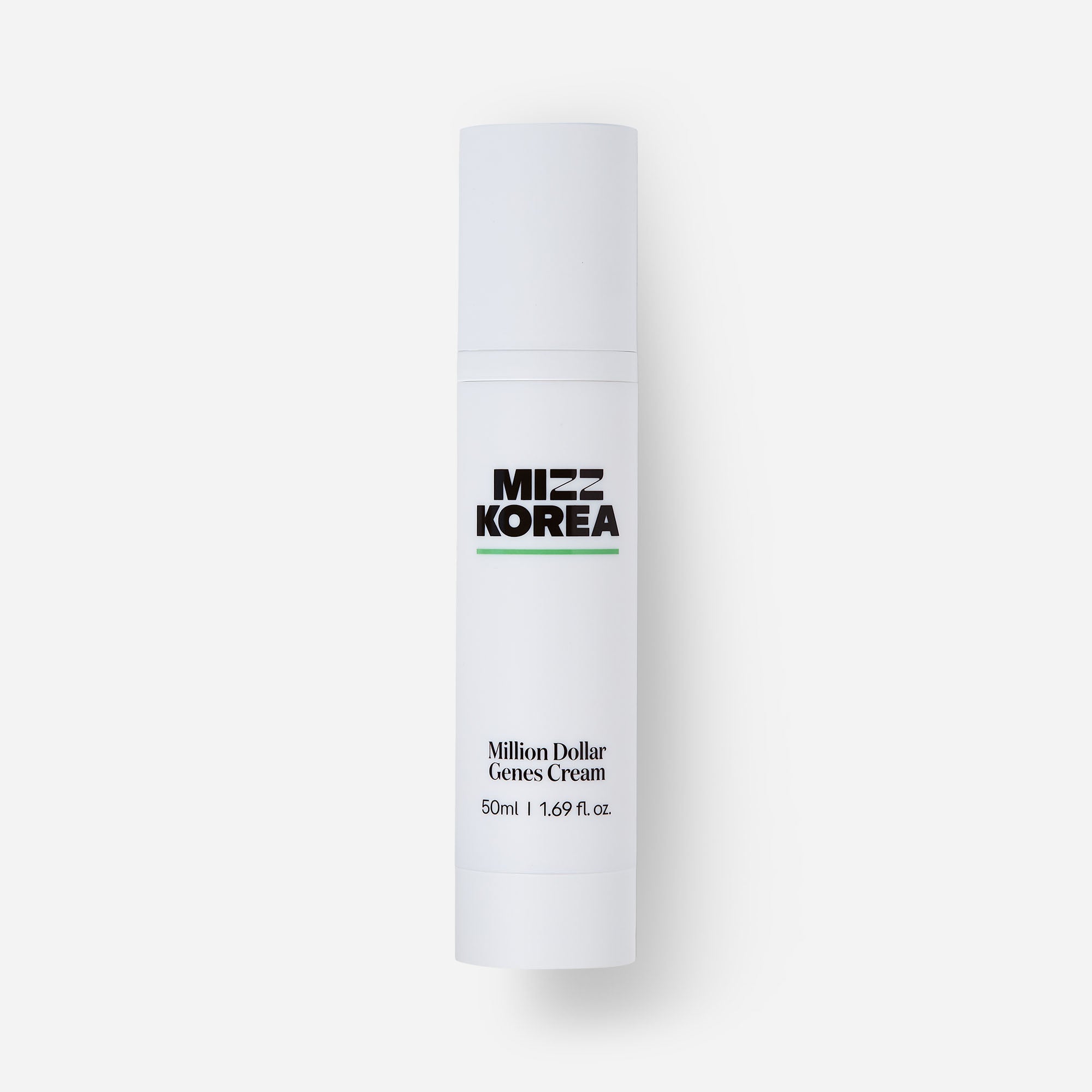
I've been on a K-Beauty skincare journey—testing the best K-Beauty brands and sunscreens. One of my favorite discoveries over the past few months however has been this moisturizer. It applies like silk on the skin, leaves me with a glow, bouncy texture, and never pills—no matter how many products I layer on top.
Texture: Cream
Who It's For: All Skin Types
Key Ingredients: Sunflower seed oil (hydrating), glycerin (moisturizing)
What We Love: Gives a glass-skin finish; elegant texture
What We Don't: Not available at big retailers
Do I Need a Moisturizer?
Oily or dry—moisturizer is a must. “Everyone has skin, so everyone should use a moisturizer daily,” says board-certified dermatologist Sapna Palep, MD FAAD. The whole point of a moisturizer is to keep the skin barrier, aka the outermost layer of our skin, healthy, hydrated, and intact, so it can do its job protecting the body from external factors (read: pollution, free radicals, UV rays). “If the skin barrier is compromised, skin may look and feel uncomfortable and irritated,” she adds.
What Moisturizer Is Best for My Skin Type?
While you should look for a moisturizer that works with your skin type, understand that you might need to switch up your products a few times throughout the year. "Skin types are not static," explains Dr. Greenfield. "They change as the seasons change, as our hormonal balances shift, and as our skin ages and has environmental and ultraviolet triggers. Understanding the complexities of our skin is the first step to figuring out which moisturizer to apply for best results."
If your skin is severely dry, says Dr. Palep, "look for a moisturizing cream, versus a gel. A cream tends to be thicker and will add more hydration.” If your skin errs on the oily or acne-prone side though, you’re best off looking for a light water cream or gel.
What Ingredients Should Be in Moisturizer?
Every moisturizer is different and, therefore, features a unique ingredient list. Moisturizers for acne-prone skin may have acids, like salicylic, glycolic, or lactic, designed to speed up cell turnover, while moisturizers for people with eczema might have colloidal oatmeal.
But at baseline, there should be a handful of hydrators. “You want to look for a moisturizer that has a mix of humectant, emollient, and occlusive ingredients, all of which work together to add maximum hydration,” advises Dr. Palep. “Humectants like hyaluronic acid and glycerin attract water from the air or from within deeper layers of the skin to add moisture. Emollients, like shea butter and cocoa butter, add moisture to the skin when applied. Occlusives like jojoba and argan oil add moisture and a physical barrier to help prevent water loss.”
When Should I Apply Moisturizer?
Moisturizer is one of the last steps in your skincare routine, following cleanser, toner, and serums. You should apply moisturizer both during the day and at night.
Do I Need Different Day and Night Moisturizers?
It's not necessary to have multiple moisturizers in your routine, but you may want to alternate. "Because daytime routines typically involve the application of several products, the moisturizer may need to be a little lighter so as not to occlude sweat glands and allow for oil movement out of the skin, avoiding breakouts," explains Dr. Greenfield. Nighttime is an opportunity for heavier products if needed.
How Much Moisturizer Should I Use?
"A dime-sized amount of most moisturizers should be enough to apply one generous layer to the entire face," explains Dr. Greenfield. Don't feel the need to overdo it—a little goes a long way.
Why Trust Us
The products on this list have all been vetted by Marie Claire's Beauty Editor, Samantha Holender (aka yours truly) and Marie Claire's Beauty Director, Hannah Baxter; have been hand-selected by a board-certified dermatologist; or tried and tested by one of our editors over the course of a few weeks. Every moisturizer includes hydrating ingredients and is highly rated by reviewers. While the *best* moisturizer for you will vary based on personal preference, you truly can't go wrong with one of the items on this list. For a more personalized recommendation or if you have any concerns, check with your board-certified dermatologist.
Meet the Dermatologists

Dr. Sapna Palep has been recognized as one of New York’s leading board-certified dermatologists for over a decade. Since founding Spring Street Dermatology in 2010, Dr. Palep has helped countless patients achieve clear, healthy skin with her safe, effective, and highly individualized treatment plans. Dr. Palep conducts annual skin cancer screenings and treats all dermatologic conditions, including acne, eczema, psoriasis, and rosacea. She is also highly sought after for her skill in cosmetic treatments, including Botox, chemical peels, dermal fillers, microneedling, and resurfacing lasers.
A native of Florida, Dr. Palep completed her undergraduate studies in biology and chemistry at the University of Miami in 1999. She attended the University of Miami School of Medicine for two years before relocating to New York in 2000. She completed her medical degree at New York Medical College in 2004. The same year, Dr. Palep graduated with a Master’s of Business Administration from the Lubin School of Business at Pace University, where she majored in Health Systems Management.

Dr. Nava Greenfield is a dermatologist practicing at Schweiger Dermatology Group. Dr. Greenfield earned her Bachelor’s Degree from Queens College, City University of New York, where she graduated Cum Laude with honors in mathematics, natural sciences, chemistry and biochemistry.
Dr. Greenfield attended medical school at the Albert Einstein College of Medicine, Yeshiva University. She completed her internship at Yale-New Haven Hospital and her residency in dermatology at SUNY Downstate Medical Center. Dr. Greenfield has been published in many medical journals, including The Journal of Dermatological Treatment, the Journal of Women’s Dermatology and Pediatrics. Dr. Greenfield is a member of the American Academy of Dermatology, Alpha Omega Alpha Honor Medical Society, Women’s Dermatologic Society and the American Medical Association.
Get exclusive access to fashion and beauty trends, hot-off-the-press celebrity news, and more.
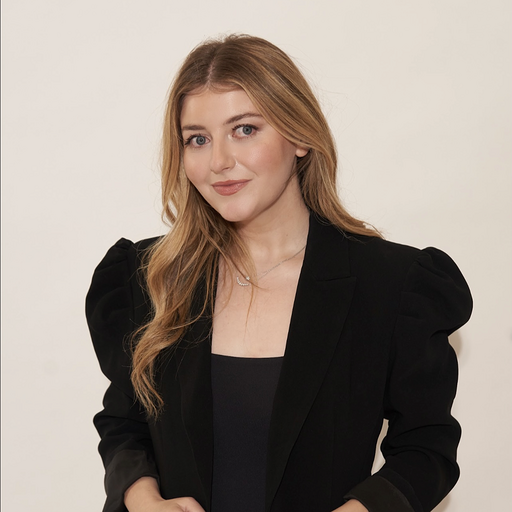
Samantha Holender is the Senior Beauty Editor at Marie Claire, where she reports on the best new launches, dives into the science behind skincare, and shares the breakdown on the latest and greatest trends in the beauty space. She's studied up on every ingredient you'll find on INCI list and is constantly in search of the world's glowiest makeup products. She's constantly tracking the biggest nail and hair trends to pop up in the beauty space, going backstage during fashion weeks, tracking celebrity looks, and constantly talking to celebrity hair stylists, nail artists, and makeup artists. Prior to joining the team, she worked as Us Weekly’s Beauty and Style Editor, where she stayed on the pulse of pop culture and broke down celebrity beauty routines, hair transformations, and red carpet looks. Her words have also appeared on Popsugar, Makeup.com, Skincare.com, Delish.com, and Philadelphia Wedding. Samantha also serves as a board member for the American Society of Magazine Editors (ASME). She first joined the organization in 2018, when she worked as an editorial intern at Food Network Magazine and Pioneer Woman Magazine. Samantha has a degree in Journalism and Mass Communications from The George Washington University’s School of Media and Public Affairs. While at GWU, she was a founding member of the school’s HerCampus chapter and served as its President for four years. When she’s not deep in the beauty closet or swatching eyeshadows, you can find her obsessing over Real Housewives and all things Bravo. Keep up with her on Instagram @samholender.